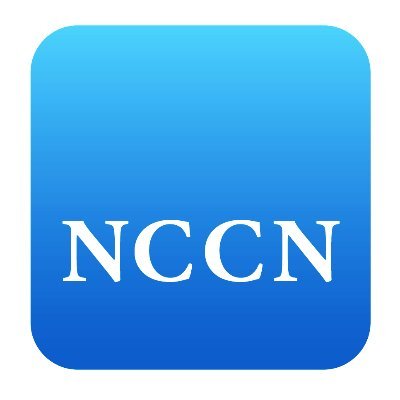Shared Content Block:
Styles -- custom quote
National Comprehensive Cancer Network
The University of Colorado Cancer Center is part of the National Comprehensive Cancer Network (NCCN), a not-for-profit alliance of 33 leading cancer centers devoted to patient care, research, and education. The CU Cancer Center joined the prestigious group in 2013.
The NCCN is dedicated to improving and facilitating quality, effective, equitable, and accessible cancer care so all patients can live better lives. More than 160,000 new patients receive cancer care at NCCN member institutions each year.
The CU Cancer Center is the only NCCN member center in Colorado and four surrounding states: New Mexico, Kansas, Wyoming, and Oklahoma. More than 50 CU Cancer Center members serve on NCCN committees dedicated to everything from breast cancer and kidney cancer to cancer-related fatigue and older adult oncology.

NCCN membership provides that recognition that we are one of the top cancer centers in the country, and that our faculty are involved in how millions of cancer patients across the world are treated..
Wells Messersmith, Associate Director of Clinical Services at the CU Cancer Center
NCCN member institutions are home to experts who diagnose and treat patients with a broad spectrum of cancers. They are especially recognized for their expertise in complex, aggressive, or rare cancers.
The CU Cancer Center is among the NCCN member institutions that helped to pioneer the concept of the multidisciplinary team approach to patient care. Our members also conduct innovative research that contributes significantly to understanding, diagnosing, and treating cancer. NCCN institutions offer access to expert physicians, superior treatment, and quality and safety initiatives that continuously improve the effectiveness and efficiency of cancer care globally.
Clinicians and scientists from the CU Cancer Center also work with experts from NCCN member institutions to review the latest innovations and approvals in cancer care in order to update the NCCN Clinical Practice Guidelines in Oncology. There are currently 73 different NCCN guidelines, which apply to 97% of cancers affecting patients in the United States, plus recommendations for such related conditions as nausea, fatigue, and immunotherapy-related toxicities.
“The NCCN guidelines are used across the world to determine cancer care, and that's a responsibility we take very seriously,” Messersmith says.
Christopher Lieu, MD, associate director of clinical research at the CU Cancer Center, serves on the NCCN Board of Directors.